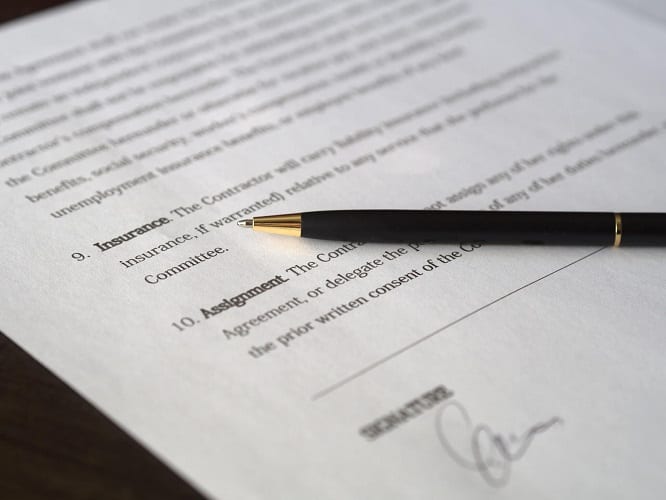
What causes construction disputes and how do I avoid delaying my project?
December 2, 2019 by GKwriter
Construction projects include many phases and often contractors coming and going from the project. The project manager is responsible for keeping everything on time and on budget, but many things can go wrong where other parties don’t uphold their end of the deal.
The project manager also might provide imperfect instruction or otherwise confusing direction. In these cases, the contractor might be looking for restitution from a bad deal on a construction project.
No matter the type of construction dispute you are facing or what end of the dispute you are on, a Virginia construction attorney can help you resolve the issue and get back to doing what you love.
Causes of construction disputes
Construction disputes arise from many different areas of a construction project. Some of these are due to vague contractors while others are failure to execute the work that both parties agree upon within the contract. Here’s a look at some of the most common ways construction disputes arise.
- One of the parties not clearly understanding the contract terms and conditions. In these cases, that party then doesn’t deliver or feels otherwise wronged because of a misunderstanding.
- Contract delays. With the enormity of tasks involved in a construction contract, it’s no surprise that delays can happen. But delays are often at the hands of one of the contractors that failed to deliver in the time and manner that they committed to within the contract.
- Failure to administer the contract. Generally, the project manager or general contractor oversees and administers the contract. When this company or individual fails in their duties, it makes things more difficult for their contractors. Failure to administer a contract leaves the process vague and confusing.
- Incomplete claims or unsubstantiated claims from one or more party involved in construction. Failing to complete your portion of the construction project can mean you face legal action from others involved on the project. However, in some cases, these are unsubstantiated claims that you might need to defend yourself against.
Some parties resolve construction disputes with termination of the construction contract. Others are able to work through the issues and get the project back on track without taking more serious measures. Another type of resolution that some construction parties agree to is a claim against the at-fault contractor’s surety bond.
While construction disputes are sometimes unavoidable due to the parties involved, there are steps you can take at the beginning of a project to avoid disputes.
Steps to avoiding construction disputes
Some construction disputes are unavoidable, but many stem from issues with the contract or someone misunderstanding the contract. In those cases, having a Virginia construction law attorney draft or review the contract before you sign it can help avoid these issues. Here’s a look at ways you can avoid construction disputes from a project’s onset.
- Plan upfront before ever executing the work. The better prepared you are, the more you can guarantee your work will be good and you won’t have problems with your warranties.
- Read the contract. Sometimes, construction companies that have been in the business for many years race through the contract phase. This is certainly not something you want to race through as it’s crucial to your success on the project. Have an attorney review the contract with you to ensure you understand it.
- Negotiate parts of the contract that you don’t like or that could cause trouble later on. You do not have to sign the first draft of a contract. You have a right to negotiate and work toward terms that you find favorable.
- Only commit to realistic schedules. Project managers might push contractors to agree to timelines that make them uncomfortable or are unrealistic. That’s because the project manager has a final deadline that they have agreed to with the property owner. Don’t take on these projects or make sure that you negotiate adjusted timelines.
- Don’t postpone dealing with issues. If you wait and deal with issues once your portion of the project is done or until things get too messy, you’ll find yourself dealing with a very large problem. Talk with the parties involved when you see an issue or potential issue to avoid it growing larger.
Resolving construction disputes
Even with the best contracts and prevention, you might find yourself in a situation where you are facing a construction dispute. In that case, be sure that you have a good lawyer. Whether you are trying to get a contractor back on schedule or you are a contractor awaiting delayed payments or other issues, Gore & Kuperman can help.
Our Virginia-based law firm has experience resolving construction disputes. We do all we can to assist with negotiations or mediation to avoid court costs from litigation. Ultimately, your goal is to keep your construction business successful. We’ll help you do that with expert construction dispute resolutions.